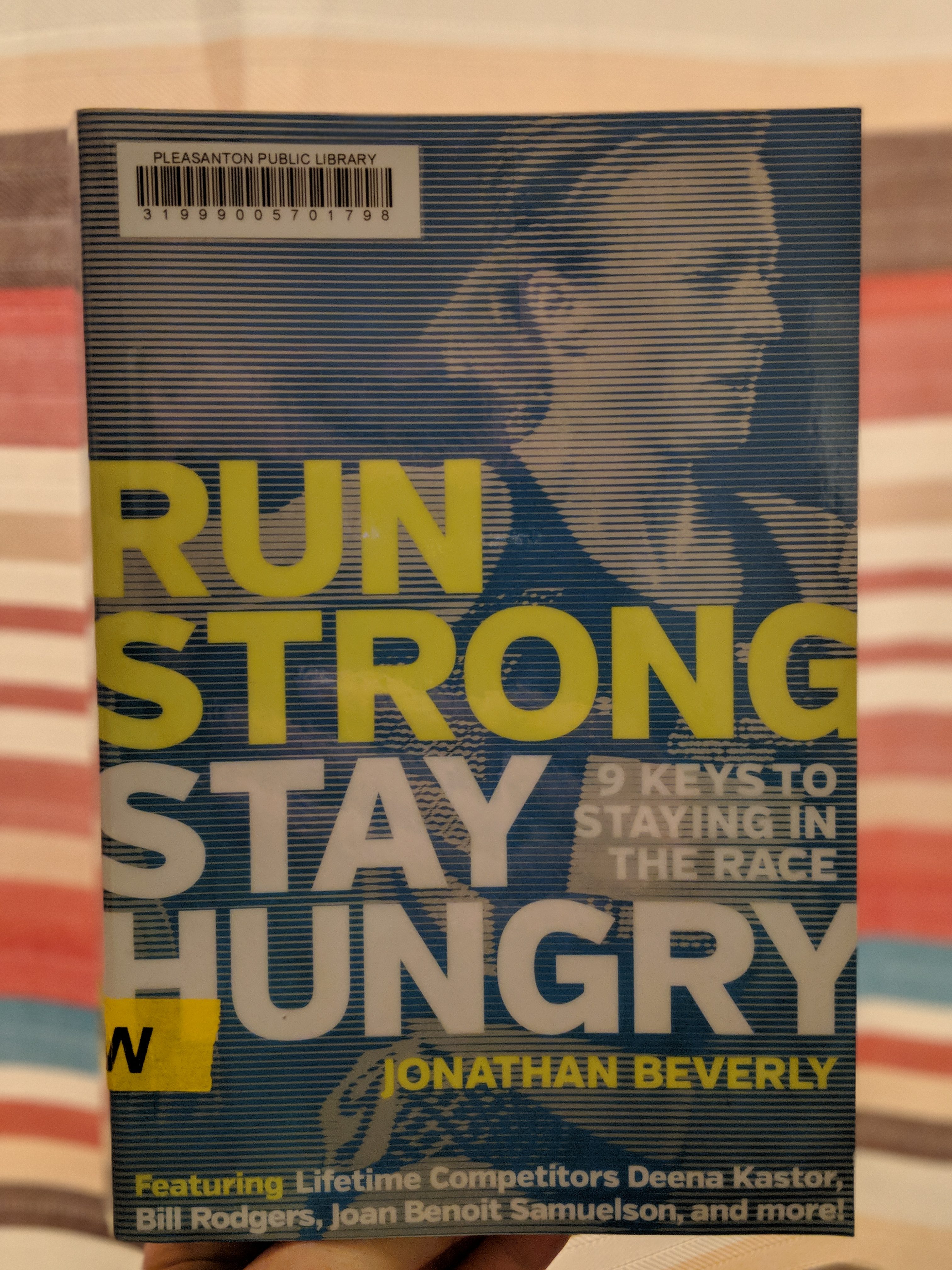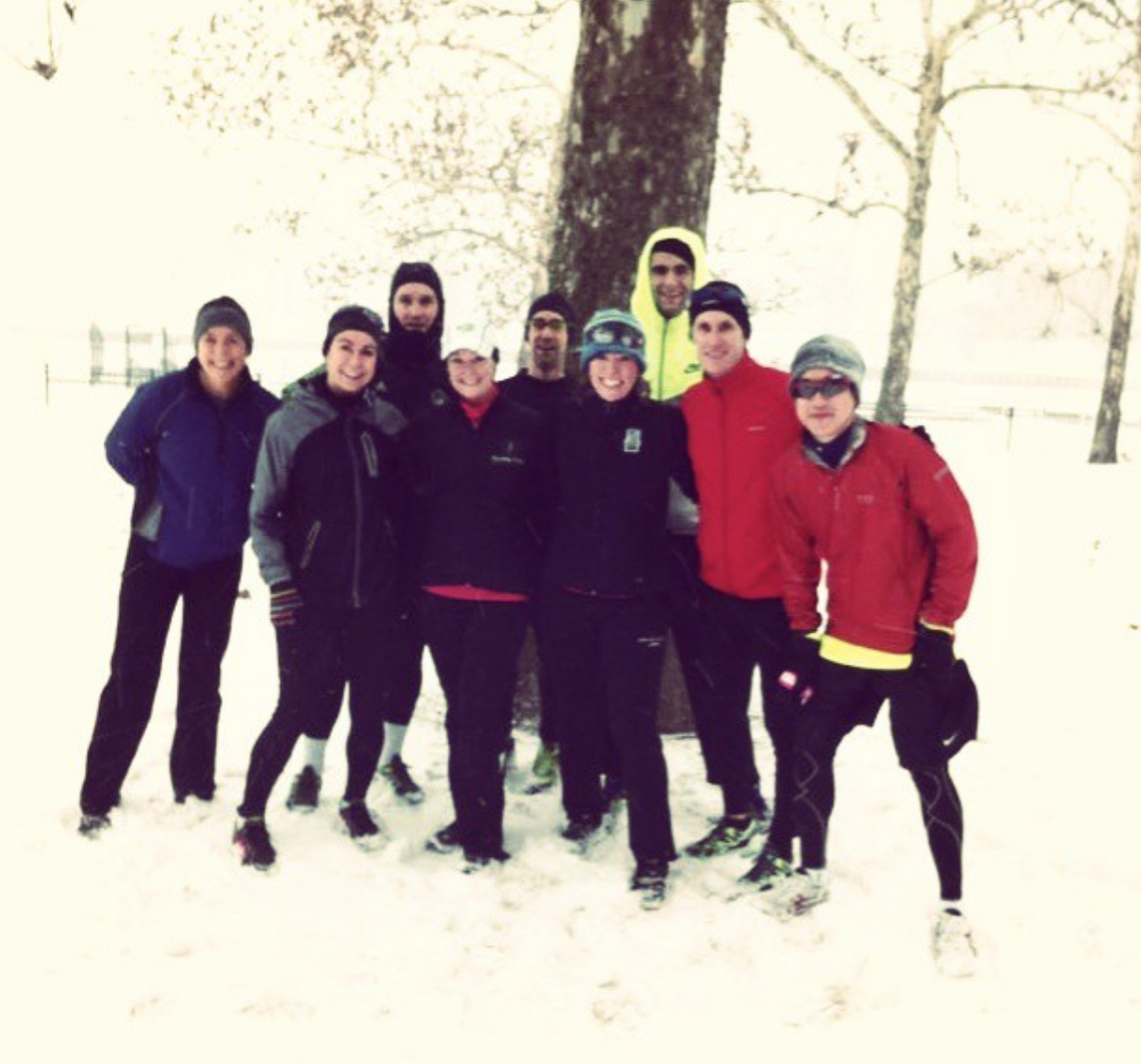February 2018 training recap
Suffice it to say that February was light on running and heavy on life. I wrote about the stroke ad nauseum already, but in case you missed it, you can read about it there; it’s a lot.
The stroke on the fourth of the month knocked out the rest of February in terms of my running — obviously — thanks to the activity restrictions my docs placed me on. That means that February brought with it … wait for it… 11.3 miles over four days. Somewhere in early February, before the stroke, it occurred to me that I hadn’t taken a day off in over 20 days (which is rare), so I got in 11 miles over three days of running before my brain flipped out. It’s all good.
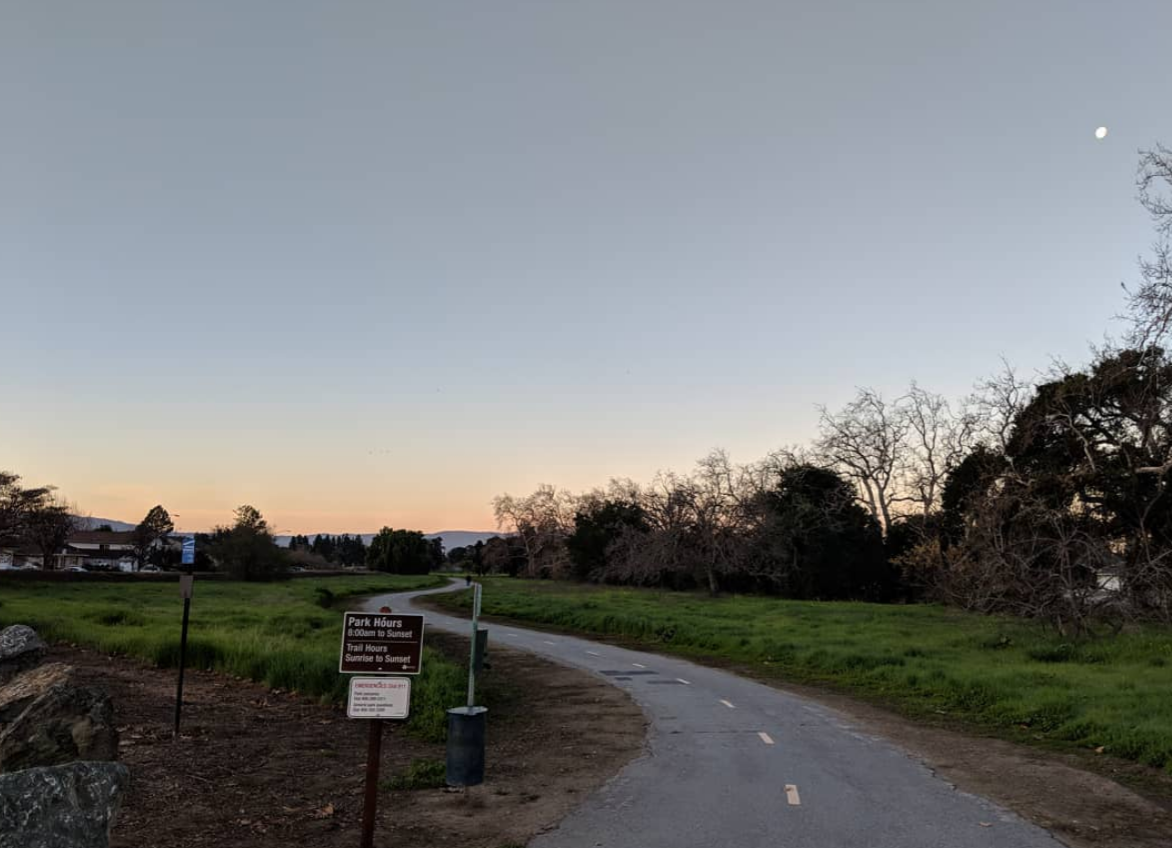
Once I got discharged, for the rest of the month I strung together about 20 walking miles. Running’s better than walking to me, but walking’s better than nothing, so I did it gladly (and really, really slowly).
It’s all good though. Really.
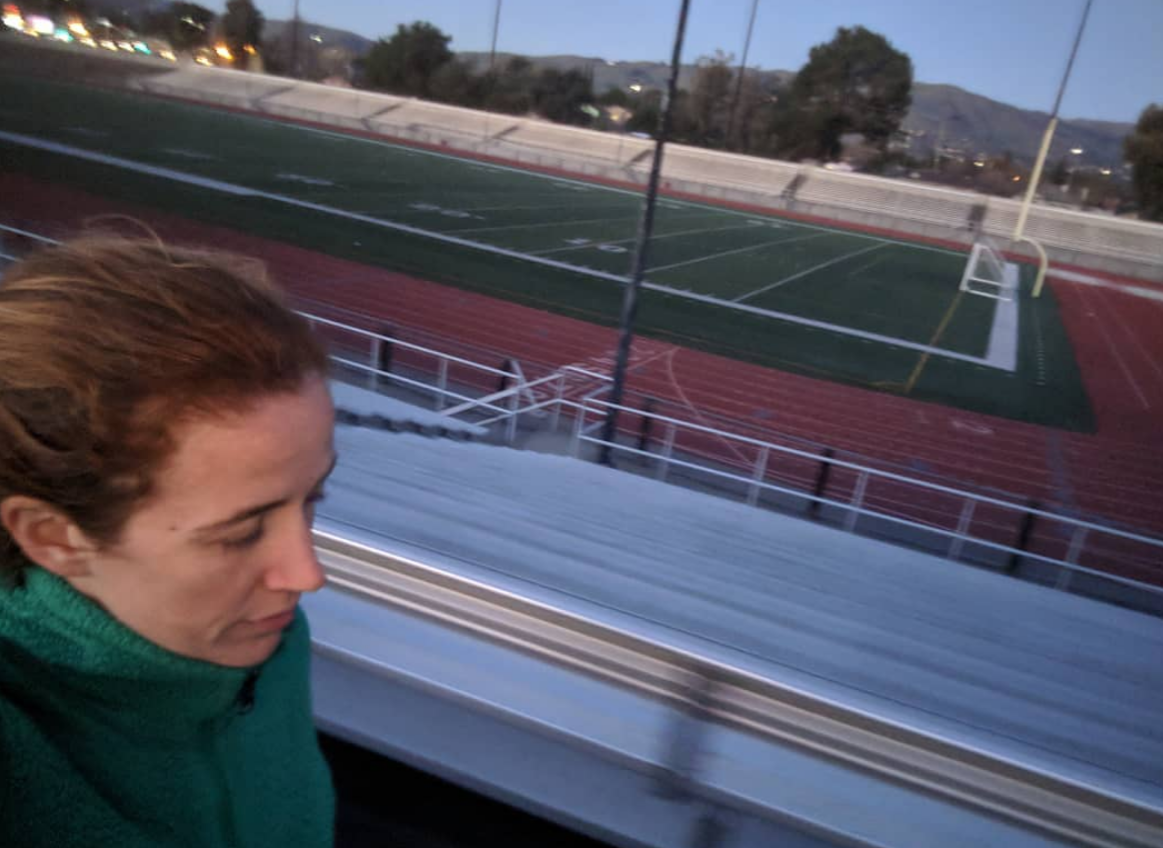
When friends and family found out I had a stroke, one of the first questions I heard was when are you going to be able to run?! Not being able to run must be driving you crazy! Yes, but not really. My priorities were bigger and different in February. (Healthy, healed brain > lots of miles).
The forced time off wasn’t as bad as I would have expected it to be. Don’t get me wrong; I am used to running about 50-60 miles a week, year-round, so I definitely felt not running. It’s how I get my eldest to and from school most days of the week, it’s how my youngest and I do a lot of our errands during the week, and it’s a way that I meaningfully spend time with my children (together and separate) and how I get to see so many friends each week or each month.
Running definitely matters, and it’s definitely important to me.
That said, when I was in the hospital and my team explicitly said no running for at least four weeks, I didn’t scoff at it; I just said oh yeah, absolutely not. It was a given. FFS, I was recovering from a stroke (or brain bleed, or brain attack, or any other euphemism you want to use); I had bigger issues to worry about.
Running can wait.
Running isn’t going anywhere.
It didn’t occur to me for a while, but I haven’t taken a significant amount of time off in years. After I had G in 2015, I didn’t run until I got the all-clear at my three-week postpartum follow-up visit, so there was about 3 weeks of no running that was instead replaced by the more challenging getting used to life with a newborn and recovering from birth. I ran through my entire pregnancy with G and felt well doing it, so not running for a few weeks (and instead, learning my new baby and recovering from birth) was actually a nice respite.
Again: I had bigger things to worry about.
Before then, in 2011, I had taken about 12 consecutive weeks off from running when I was pregnant with A — because at about 35 weeks, my lower SI was killing me and running was exacerbating the pain, so I stopped running from about weeks 35-41 of the pregnancy — and then until I was cleared at my 6 week postpartum visit (so for 12 total weeks). Running had become uncomfortable during my pregnancy, so it didn’t make sense to continue doing it. Plus, postpartum, I was in no rush to jump back into things, so I waited until my midwives specifically said I was good to go. Sometimes you hear that women press on the subject and try to get cleared to run earlier, but for as much as I love this little hobby of mine, I definitely was not one of those women.
Again: I had bigger things to worry about.
This time around, of course, I haven’t had the wonderful distraction of a brand new baby to focus my energies on and instead, had to worry about my freaking brain. I mean, for all I’ve known since getting the stroke diagnosis and hanging in the ICU for five days, it has been assumed that I’d be fine and that I’d make a full recovery out of all of this and suffer no long-term consequences or deficits.
That said, though I may be a lot of things, I’m not a stupid runner.
A lot of runners do stupid shit routinely.
I’m not one of them.
I’m not going to put my health on the line (or my freaking brain!) because I “feel fine” and want to run. My plan was to not resume running until — and unless — I got cleared.
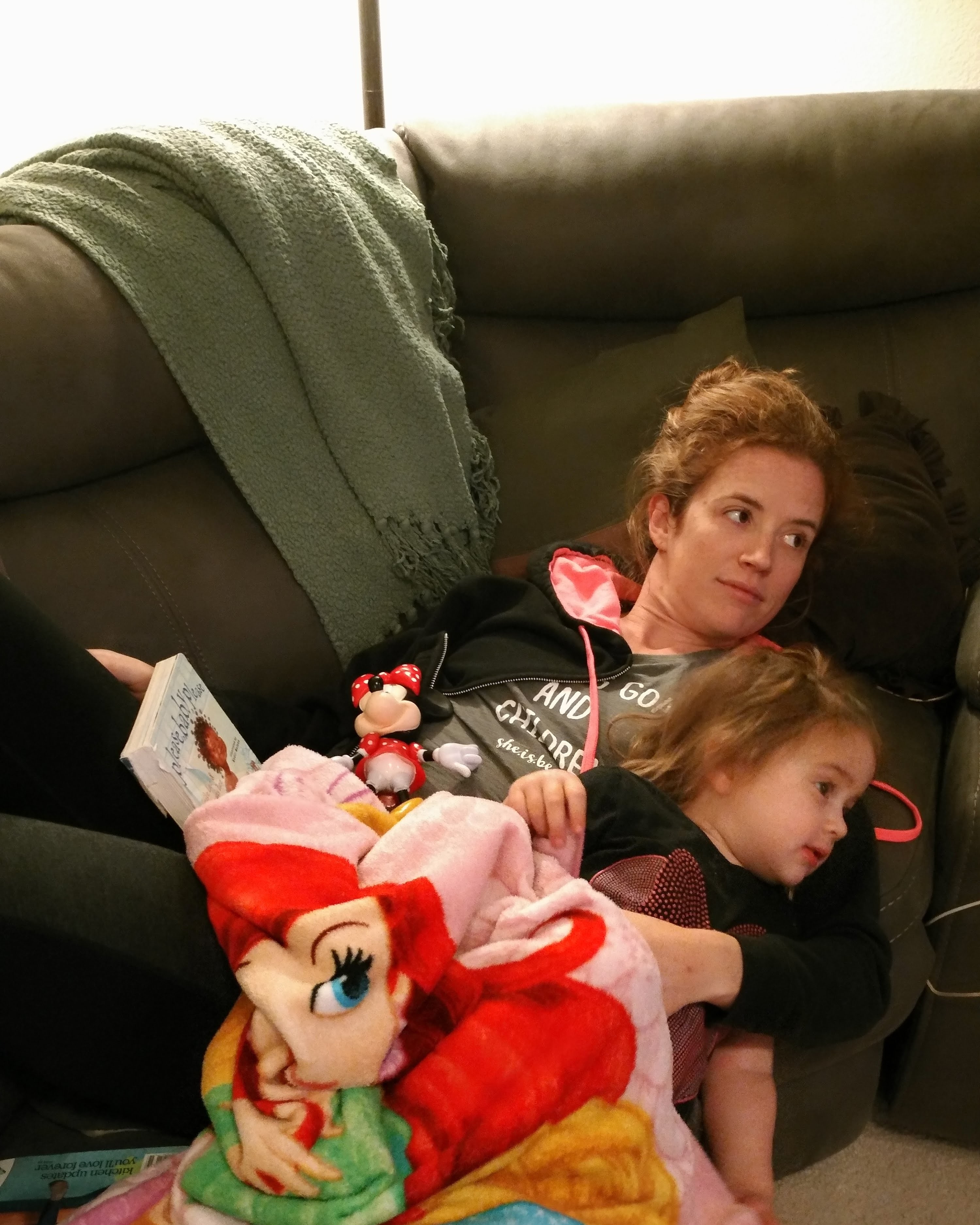
Again: running’s always going to be there.
Even (despite) the backdrop of having a stroke early this month, February was still really hopping around here. My eldest and her Daisy Girl Scout troop (which I lead) participated in their first-ever cookie sales, and they did wonderfully. All of my girls sold over 100 boxes (!), and most importantly, they had a ton of fun in the process. The last time I sold Girl Scout cookies, I was in middle school, so being on the other side of things was definitely eye-opening. Talk about a labor of love.

We also had family in for most of February, in part thanks to the stroke and in part because the trips were already on the books. My parents’ trip in late February, over President’s Week, had been on the calendar since last July, so it was serendipitous timing that they were here about two weeks post-stroke. We hung at home for a bit and took some day trips to enjoy the nice weather, and having them here was fantastic. My in-laws were here the week before, again as a planned trip, though my MIL came in a couple days earlier than intended because of the stroke. My sister was here at the same time — an unplanned trip but something she did because of the circumstances — which was also excellent. Having family come in was so, so huge for me.
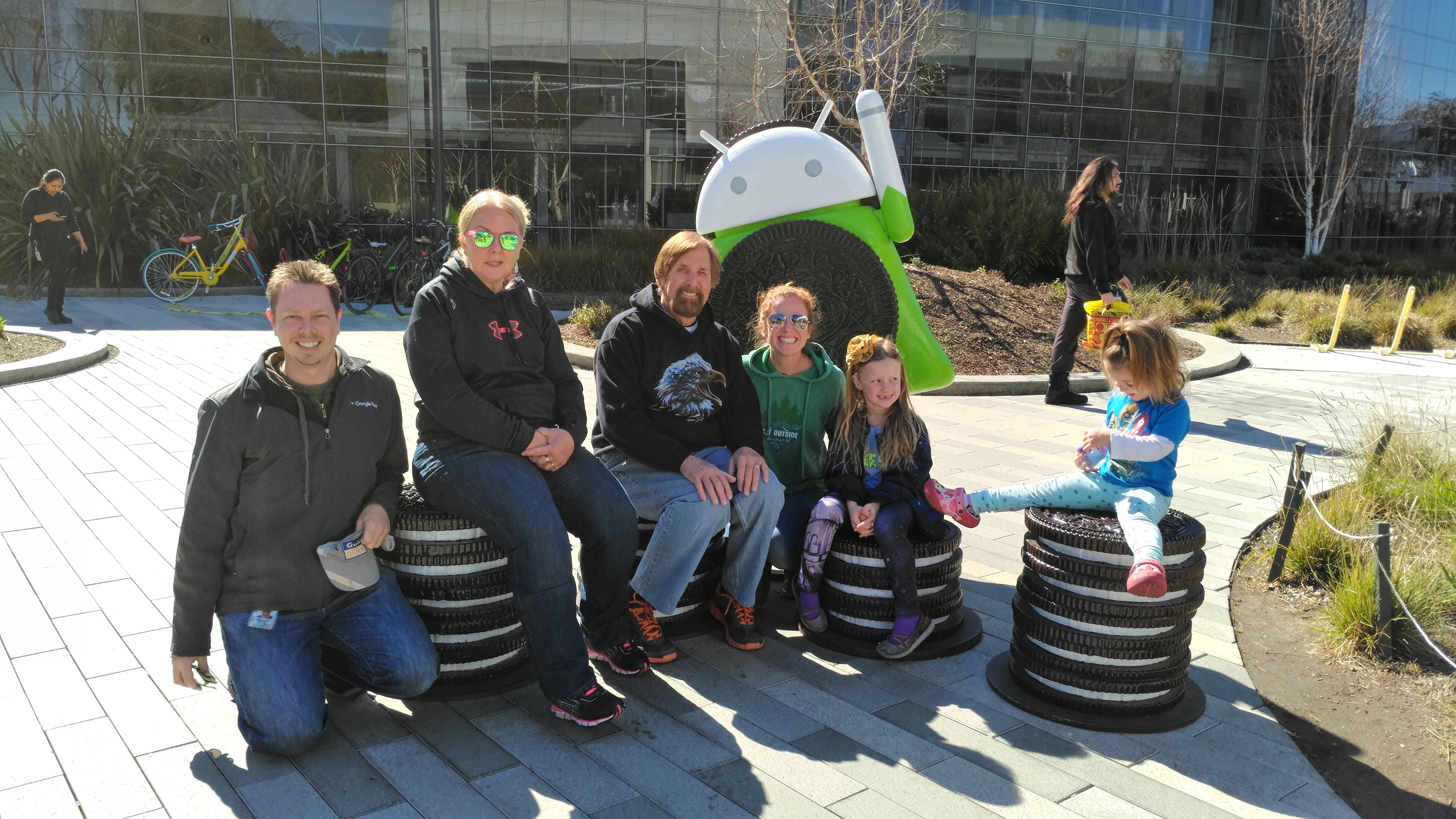
Aside from the stroke, Girl Scout cookies, and visiting family, my freelance assignments finally picked up after a slow few months. It was good timing, too, because I wanted all the distractions I could get (and with forced rest, I had all sorts of time to sit around and write). And hey, making money from writing while sitting around in my underwear is pretty awesome. I wasn’t allowed to run, but I could write about running, at least. I’ll take it. I’ve got nothing to complain about.
Hopefully the rest of the year will be less eventful than February, and in time, I hope to be writing again about my training and racing exploits in this space. I’ve got another post in the works about the first month post-stroke, in case you’re interested; we just passed the one month mark on Sunday. (Aside: February was a really long, short, and strange month).
—
Reading: Run Strong, Stay Hungry was another really good running-related read that came out in 2017 that I got through pretty quickly. (My recap is here, ICYMI). That, and a whole bunch of trashy magazines (thanks, friends!), was my literary input for the month. I’ll call this “giving my brain a vacation.” I’ve got a good queue beside me here at home that I’m slowly making my way through and have been in the throes of this for the past week.
Writing: Not as much here this month as I would have liked — damn stroke — but putting my stroke story out to the interwebs was cathartic. What time I didn’t spend writing here I spent ghostwriting, so it all probably comes out evenly in the end.
Listening: Not gonna lie, I’m a big fan of Justin Timberlake’s new album. It’s so unlike his previous one (or previous few) that it seems almost incongruent, but when I walk in parking lot lap circles during my eldest’s swim practices, time that I’d otherwise be running, I find his music especially entertaining. (Who knows).
Watching: My sister and I watched a lot of chick flicks from the early 2000s on Netflix when I was chillin’ in the ICU — How to Lose a Guy in 10 Days and others along those lines — but not a whole bunch otherwise. I just recently discovered Comedians in Cars Getting Coffee on Netflix, and I’m totally enamored. The episodes are only about 15 minutes long, and more often than not, they’re hilarious. I’m a huge Jerry Seinfeld fan, and I love his interviewees. Oh, and this video about homeopathy. Good stuff. That channel sometimes is existentially depressing, but it’s really informative, and even my six year-old likes it.
Anticipating: Spring, running, racing, my husband’s and my eldest’s birthdays, thinking less and less each day about my stroke and possible future strokes… in a word (or in a few words, anyway): life as normal. I’m looking forward to life as normal.
